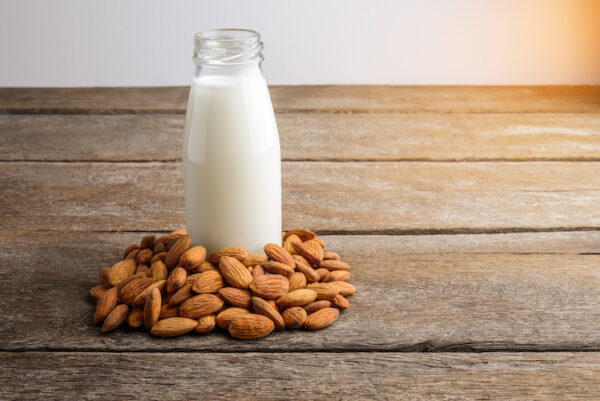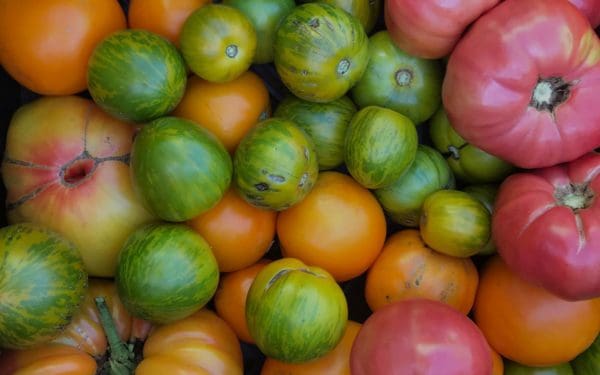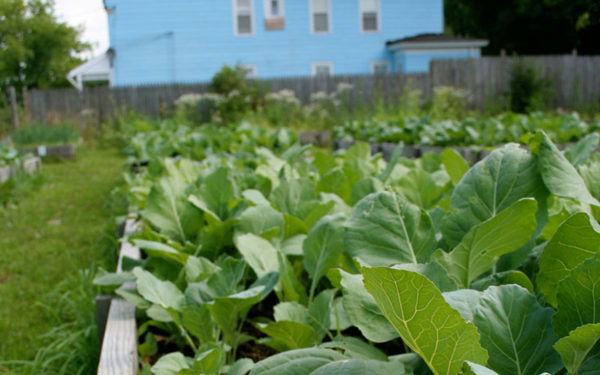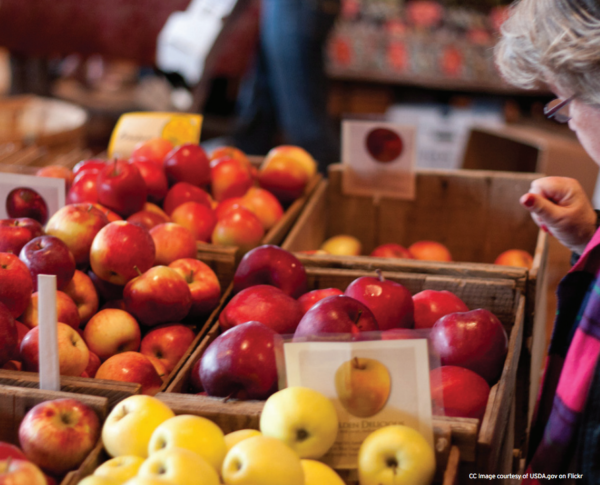In Maine, A Food Entrepreneur Produces an Almond Milk She Would Actually Drink
Myranda McGowan’s The Whole Almond is one of the New England food start-ups helped by CLF’s Legal Food Hub.

Myranda McGowan’s The Whole Almond is one of the New England food start-ups helped by CLF’s Legal Food Hub.

With help from the Legal Food Hub, Mainer secures conservation easement that will permanently protect her farmland from development.

“We’re committed because we see that farmers and food entrepreneurs play a critical role in our community, so by supporting them we’re able to promote a sustainable and just food system,” Turner said. “For CLF, that’s really important because that means it helps create a healthy climate and a healthy environment, but also a strong economy in Maine.”
CLF connects food producers with pro bono legal services.

As Maine’s agriculture and food sector expands, farmers and small business owners are facing practical challenges, including lack of access to capital and legal services. We’ll look at new creative solutions designed to help this sector grow and remain sustainable for years to come. Guests: Sam May, Co-Founder, Maine Harvest Credit Project Amanda Beal, President and… Continue reading Innovative Solutions for Maine Farmers
The Maine Legal Food Hub, which provides pro bono legal assistance and training for farmers and food businesses, celebrates its second anniversary in 2017, kicking off the year with a presence, for the second year in a row, at the Maine Agricultural Trades Show January 10-12 in Augusta. On January 11 and 12, the CLF… Continue reading Maine Legal Food Hub Revs Up for Second Year

CLF’s Ben Tettlebaum, a staff attorney in our Maine office, is featured in this Portland Press Herald article about farmers and labor law. At the Agricultural Trades Show in Augusta last month, the Conservation Law Foundation’s Legal Services Food Hub hosted a panel on Employment Law for farmers, with the goal of “untangling the web… Continue reading Old Labor Laws Run up against New Farming Approaches
Massachusetts is a state of extraordinary range – from our miles of coastline to the western mountains, our dense hardwood forests to our working farms, our thickly settled city neighborhoods to our rural village greens.

What does it take for a community to thrive? It starts with clean air and clean water and access to good jobs, education, and health care. It also takes safe and affordable transportation choices, local green spaces, and easy access to fresh, healthy food.

While it does not replace good legal counsel, this Guide sets a framework to help entrepreneurs understand how different business structures can impact their criteria and goals. Though we initially intended to create a guide specifically for local food enterprises, the information and themes proved to be universal, and so we offer this industry agnostic guide.
